Its common procedure now for certain pop culture historians to histrionically appraise the original British punk movement with the same, oft-repeated mantra: "It changed everything!"
The wisdom goes as such: Popular music in the mid to late 1970s had become dull, banal and rote at best or, in the case of prog rock, pretentious to a joyless degree. That Donna Summer was laying down the basis for modern dance music, David Bowie was pushing the boundaries of synthesised music and Joy Division were revolutionising rock music at the same time are just three of many examples often ignored to make the argument work.
So, as boorish bores like Paul Morley will gladly theorise, the emergence of punk music was a welcome antidote to the sanitised, professional and well-produced albums found in our charts four decades ago. The raw, gritty and "real" sounds found in the music of (mainly) young men with no musical training, or understanding, between them allegedly altered our understanding of what music could, and should, be. This, we were told, was a movement which democratised rock - to play in a band it wasn't necessary to put in any hard work, or to learn theory or competency, just being real was enough.
Yet, and there's always a yet in arguments like this, if we look back upon the original British punk music it would take an abject contrarian or a self-deluded optimist to insist that much of it was actually any good. It really shouldn't be surprising to note just how bad music created by individuals without musical talent was but, for some reason, the debate persists to this day that the movement created acts of any substantial value. These are easily debunked.
If we were take a moment to look at, say, The Sex Pistols, what we discover is a band with an articulate PR strategy but not much in the way of timeless music. This is to be expected by amateurs masquerading as anything but. With their swearing and ludicrous attire, Rotten et al were brilliant at creating headlines for lazy tabloids but not so good at writing or recording anything of worth. That these were one of the better bands of the movement speaks volumes. If you don't believe me, listen to an album or two by Sham 69 or The Vibrators. Even the most critically acclaimed act of the movement, The Clash, sound juvenile, superficial and melodically challenged throughout much of their back catalogue.
This brings us to today and how the internet created the space for a similar movement amongst millennials. Instead of looking towards music for salvation like those in the punk movement, however, many young people across the globe find themselves committed to a new medium which we're told is entirely democratic and requires no obvious trainable talent, other than being real, to succeed in. This, of course, is vlogging.
Creating videos for YouTube has become an attractive proposition for many - getting cheap equipment to film one's self on has never been cheaper and the popularity of the movement, too, has attracted many of those who want to succeed without having to worry about the technical or theoretical aspects of movie making.
Whilst, in years gone by, individuals would dedicate themselves to understanding the differences between various editing techniques, soviet montage theory and the slow-style ideals of Bazin, "creators" today will simply intuit without ideology. Camera angles, the key in telling stories in a visual medium, are rarely considered either. YouTubers, for the most part, are amateur film-making making amateur films with amateur results. Maybe Gove was right when he suggested our societal wide disdain for proficiency and expertise?
The most interesting parallel between the punk and vlogging movements, however, is what they ultimately represent other than a shared, almost post-modern, belief that quality is no barrier to value. To the two generations who came of age in these eras, punk and vlogging have, respectively, come to form the counter-cultures of their ages. Both are anti-elitist, youth-driven movements and both are key to community building and signalling the places in society each of us hold when consuming the work.
Yet, at this stage I must add, perhaps Paul Morley was right in some respects on one of his many meandering rants about the importance of punk. It did, on one level, often form an area of discussion in which the members of the movement would congregate and become involved in politics - for better (or oftentimes worse), 1970s British punk would introduce its fans to anti-fascist (or, indeed, the opposite) discourses for debate. Even the aforementioned Sex Pistols asked their audience to consider the appropriateness of a hereditary ruler in a post-meritocratic society with their single God Save The Queen.
The counter-culture for millennials, however, isn't so high (or low) minded. A Sprinkle of Glitter is the new counter-culture. PewDiePie is The Clash for those born in the last twenty years. Alfie Deyes is what we watch when we want to stick it to the man and his insistence that perhaps we should study editing, storytelling, camera placement and lighting before making vlogs or films. In and of themselves, each of these vloggers are entirely harmless but, ultimately, they're like canaries in the coal mine. The counter-culture of today isn't about left-wing (or even right-wing) politics, its all about getting free lip-sticks or Steam codes from EA to then advertise on Youtube - and this is why the youth of today are largely apolitical. There's simply no reason for them to care.
Last week it was estimated that only 36% of eligible voters aged between 18-24 turned up to cast a ballot in a referendum which would effect the rest of their lives. It is little wonder that this is the case. The counter-culture of today doesn't just distract one from politics by engaging each and all in endless consumerism and consumption, it also tells us we can make a success of ourselves without even committing to the hard work entailed in learning or studying. Vlogging has largely become an alternative platform which has encouraged us to remain detached and to allow the status quo to flourish. Today's counter-culture is largely poorly made corporate culture: we're encouraged to do "the man's" job for him.
To end on a positive note, I'd like to point out that it is not the case that there simply aren't any good Youtubers - this is true of the punk movement, too, who had acts such as Buzzcocks (a band who melded a DIY-feel with genuine jocundity, joy, melody and delightful harmony) residing alongside the dross.
Take, for example, Anna Akana - here is a woman who has clearly studied the fundamentals of what it takes to create a decent vlog or video. Her shorts are full of inspired visual gags and, simultaneously, she sacrifices none of her realness in her frank and earnest laments whilst tackling an array of big (and not so big) topics. That they're professionally edited and filmed goes to show that you one doesn't need to embrace the paradoxical belief amongst many that professional quality has to be discarded to make a good video content.
Perhaps the original British punk movement was shallow, vain and conceited - just like our current generation of counter-culture Youtubers. Yet, watching Anna Akana among others, shows its possible to be a Buzzcocks in a world of Sham 69s.

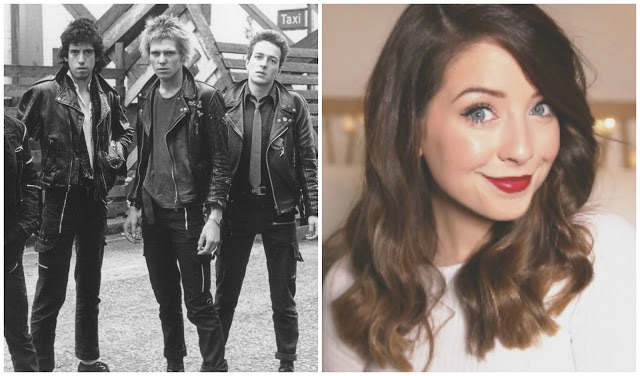
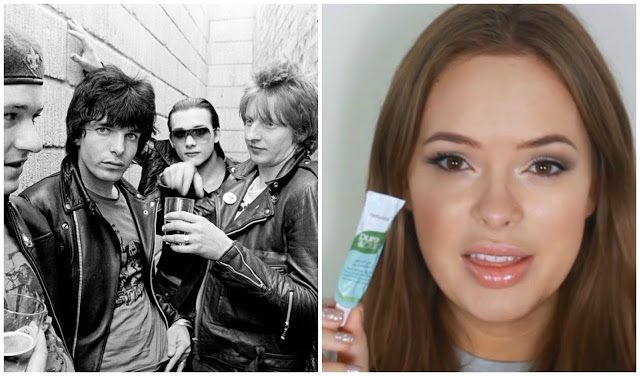

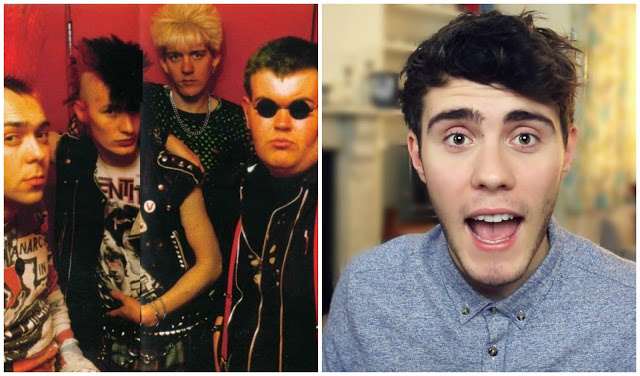
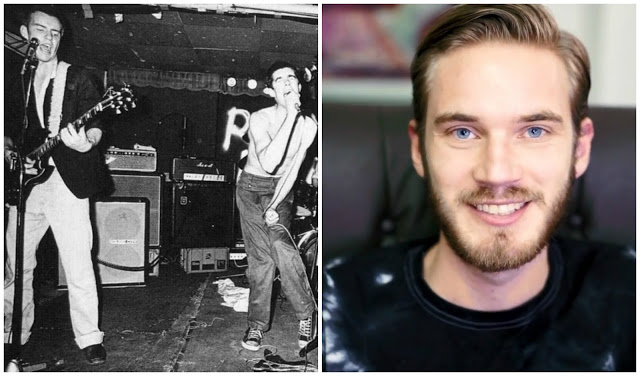
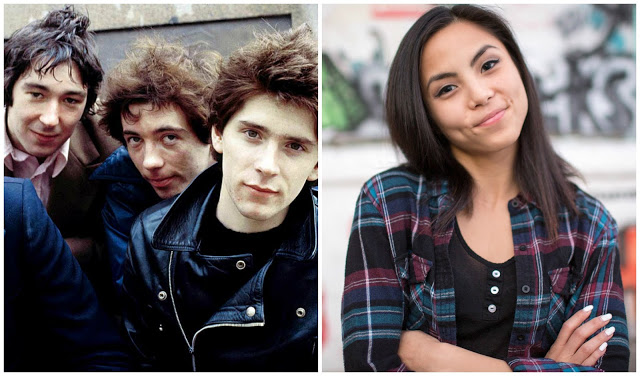
No comments
Post a Comment